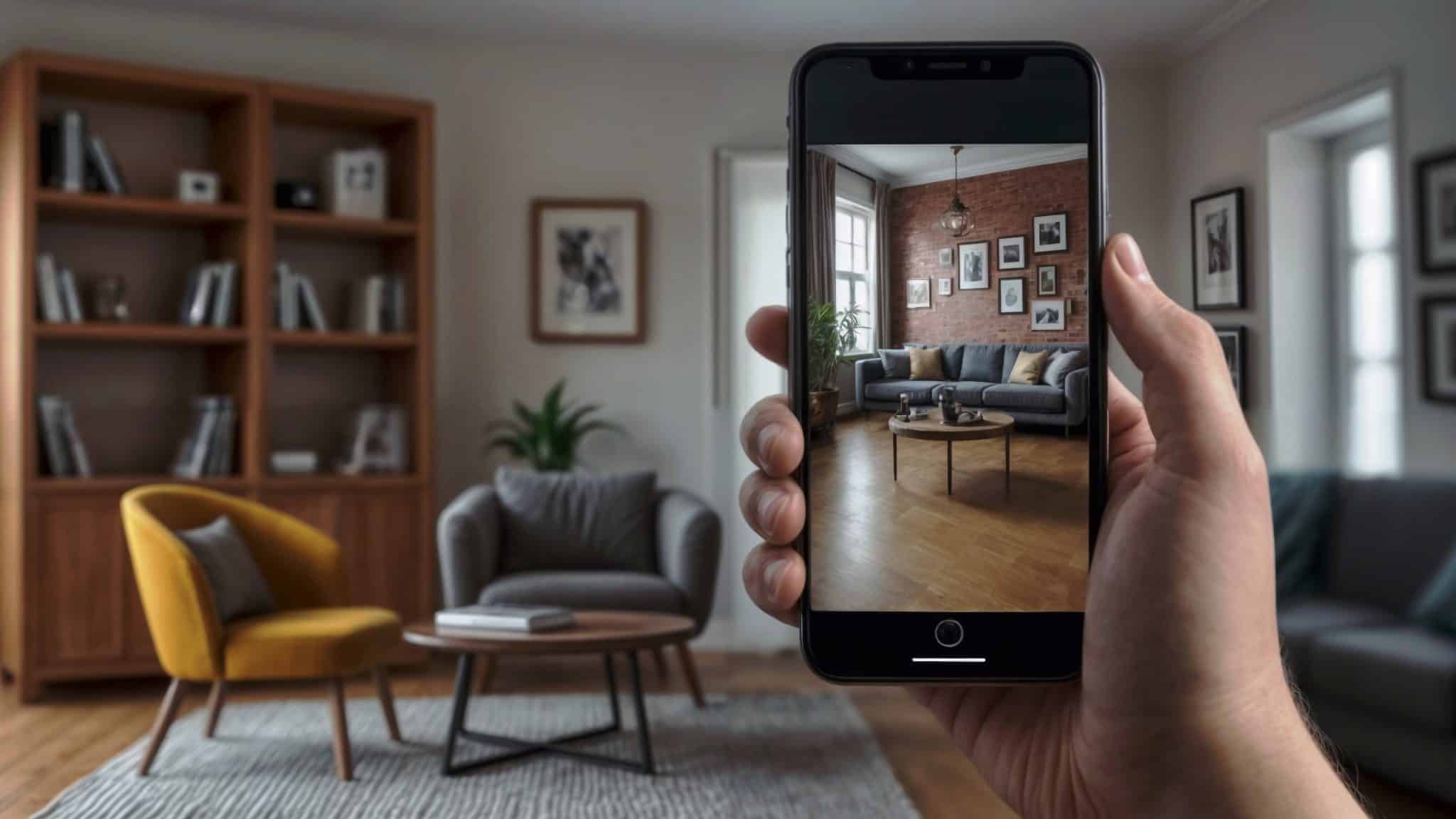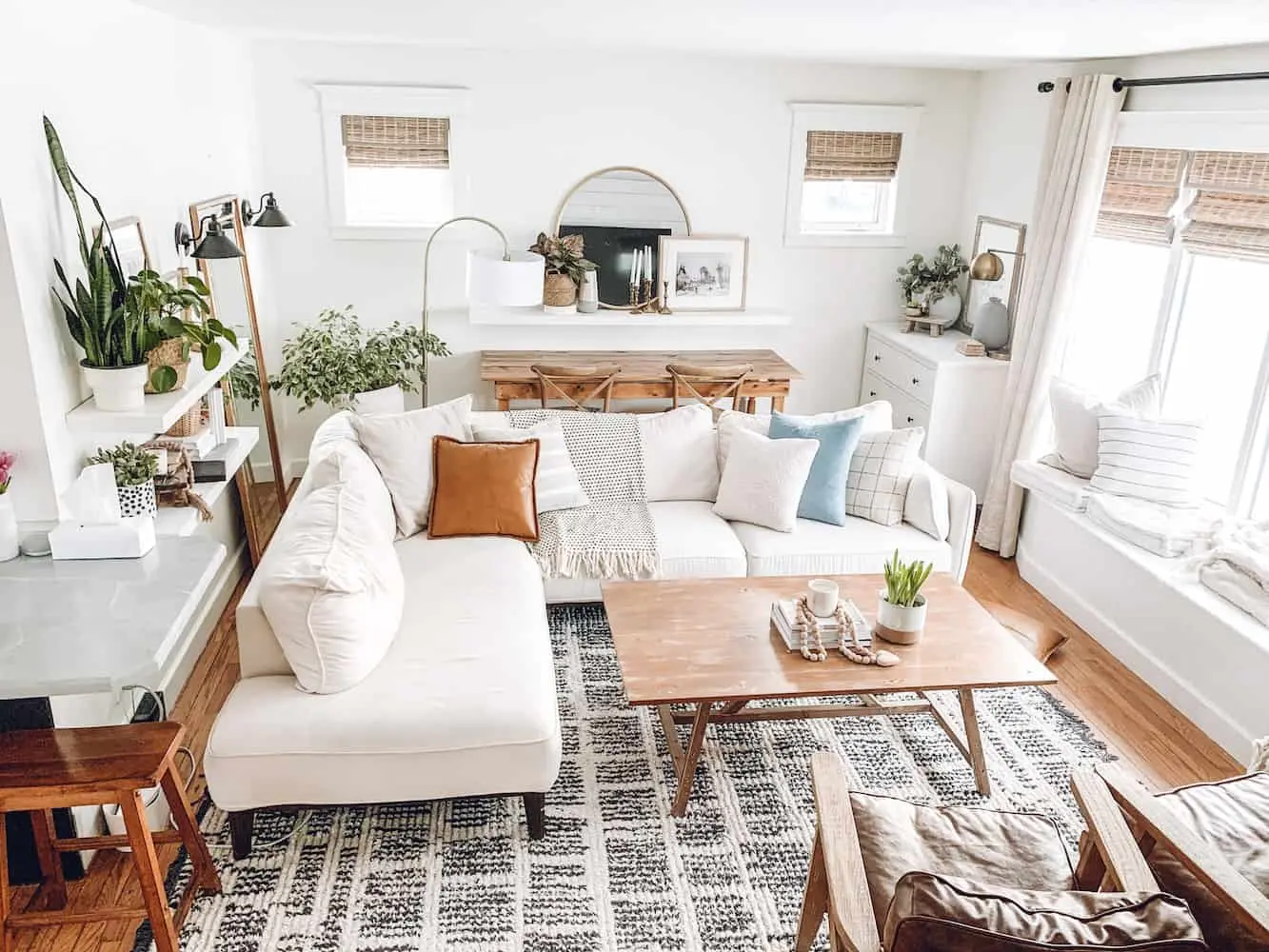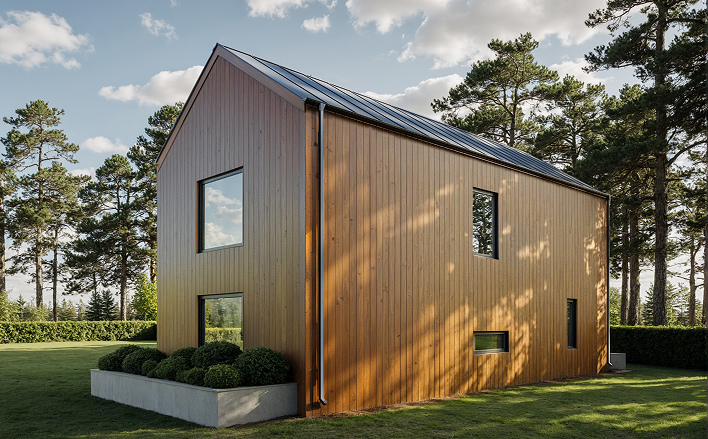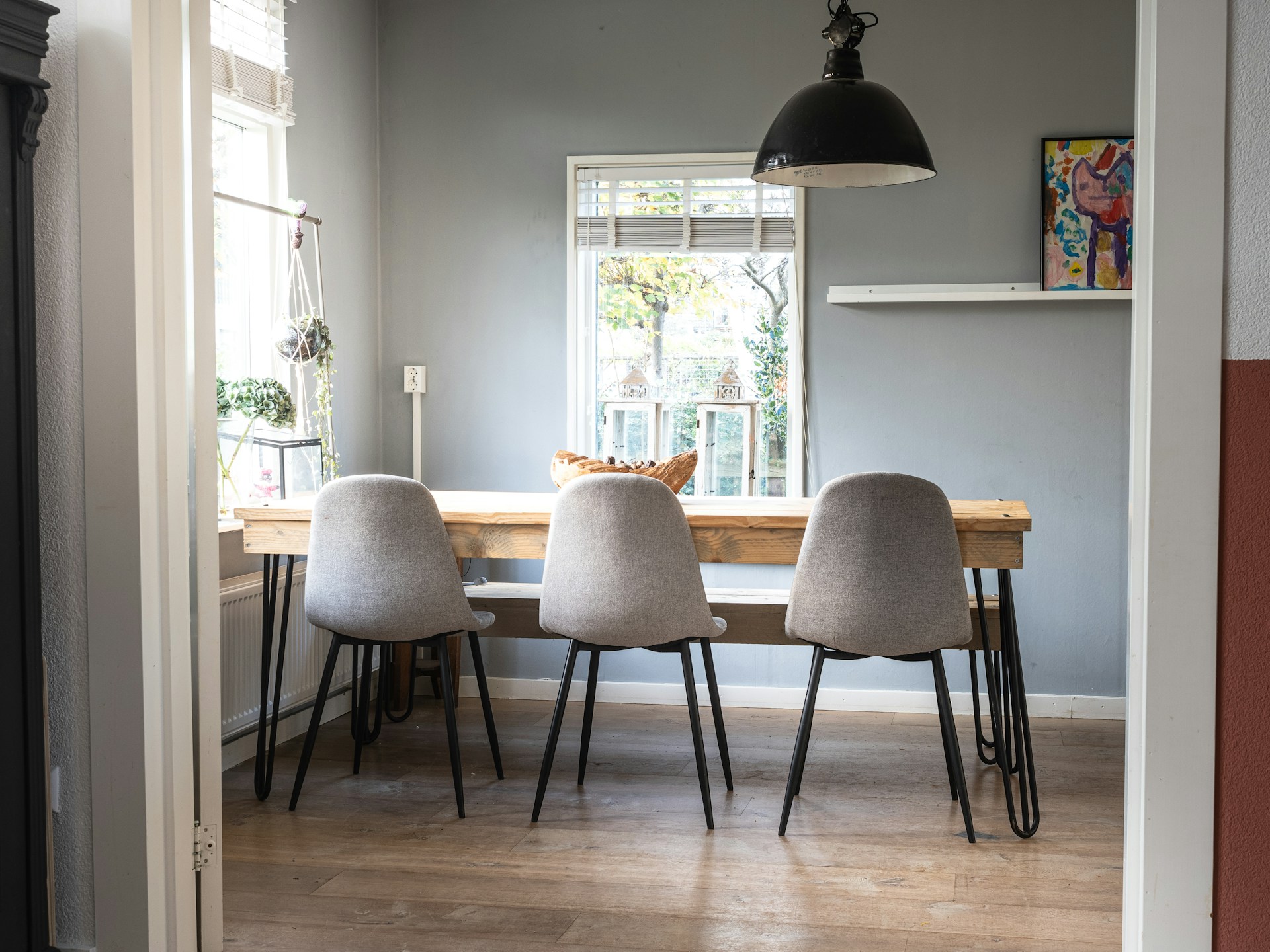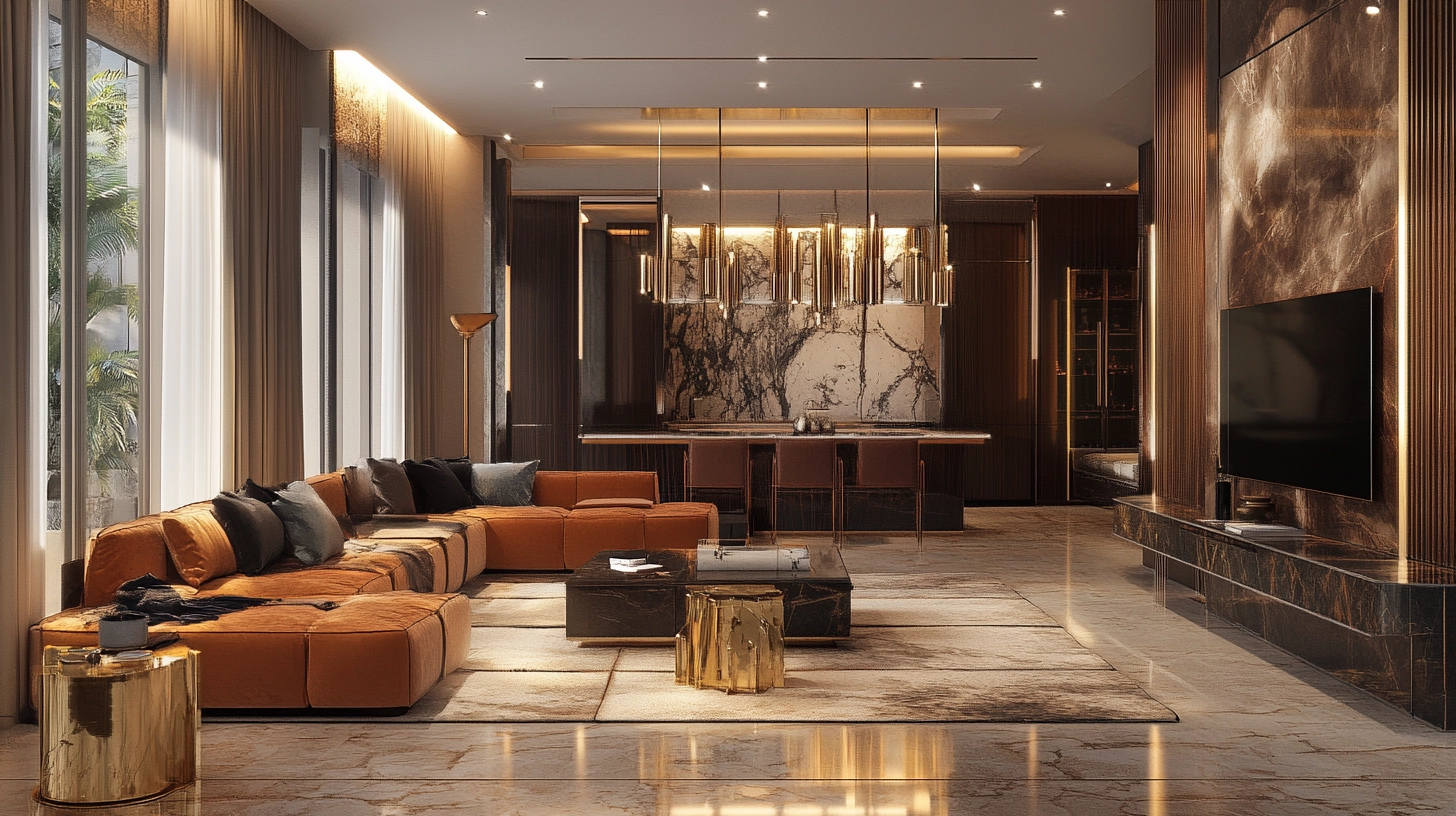AI In Interior Design: Revolutionizing Home Decor with Cutting-Edge Technology

AI is revolutionizing the way you approach home decor, offering personalized solutions, efficient workflows, and innovative design concepts.
However, with so many tools and technologies available, it’s essential to understand how to harness the power of AI to create a truly exceptional living space. That said, this article will explore how to leverage AI to design a home that is uniquely yours.
Impact of AI on Interior Design
AI is making significant waves in the interior design industry, bringing many innovative tools and techniques that are revolutionizing how we approach home decor. Here’s how AI is changing the game:
Personalized Design Solutions
Traditionally, creating a home decor plan that perfectly matched an individual’s preferences required extensive consultations and a deep understanding of the client’s taste. However, with advancements in AI, such as interior design tools like Onton, the process has become significantly more efficient and accurate.
These AI tools analyze various data points such as an individual’s social media activity, online browsing history, and responses to detailed questionnaires. By processing this data, AI algorithms can craft highly personalized room design recommendations that reflect not only the client’s aesthetic preferences but also their lifestyle and personality.
Virtual Reality (VR) and Augmented Reality (AR)
One of the most transformative impacts of AI interior design is its integration with Virtual Reality (VR) and Augmented Reality (AR) technologies. Using virtual staging powered by AI, clients and designers can step into a virtual space and experiment with various design elements.
Imagine being able to change wall colors, switch furniture, or even move walls with just a few clicks—all while visualizing the potential outcomes as if they were already implemented. This immersive experience eliminates much of the guesswork in design, enabling clients to make informed decisions without the need for physical samples or mock-ups.
Automated Space Planning
Efficient space utilization is a cornerstone of good interior design, and AI has dramatically enhanced this aspect through automated space planning tools.
By inputting the dimensions of a room, the size and type of furniture, and the intended use of the space, AI-driven software can generate optimized floor plans that maximize functionality while maintaining aesthetic appeal.
These systems can consider factors such as traffic flow, natural light, and ergonomic comfort to create layouts that are both practical and visually pleasing.
Predictive Design Trends
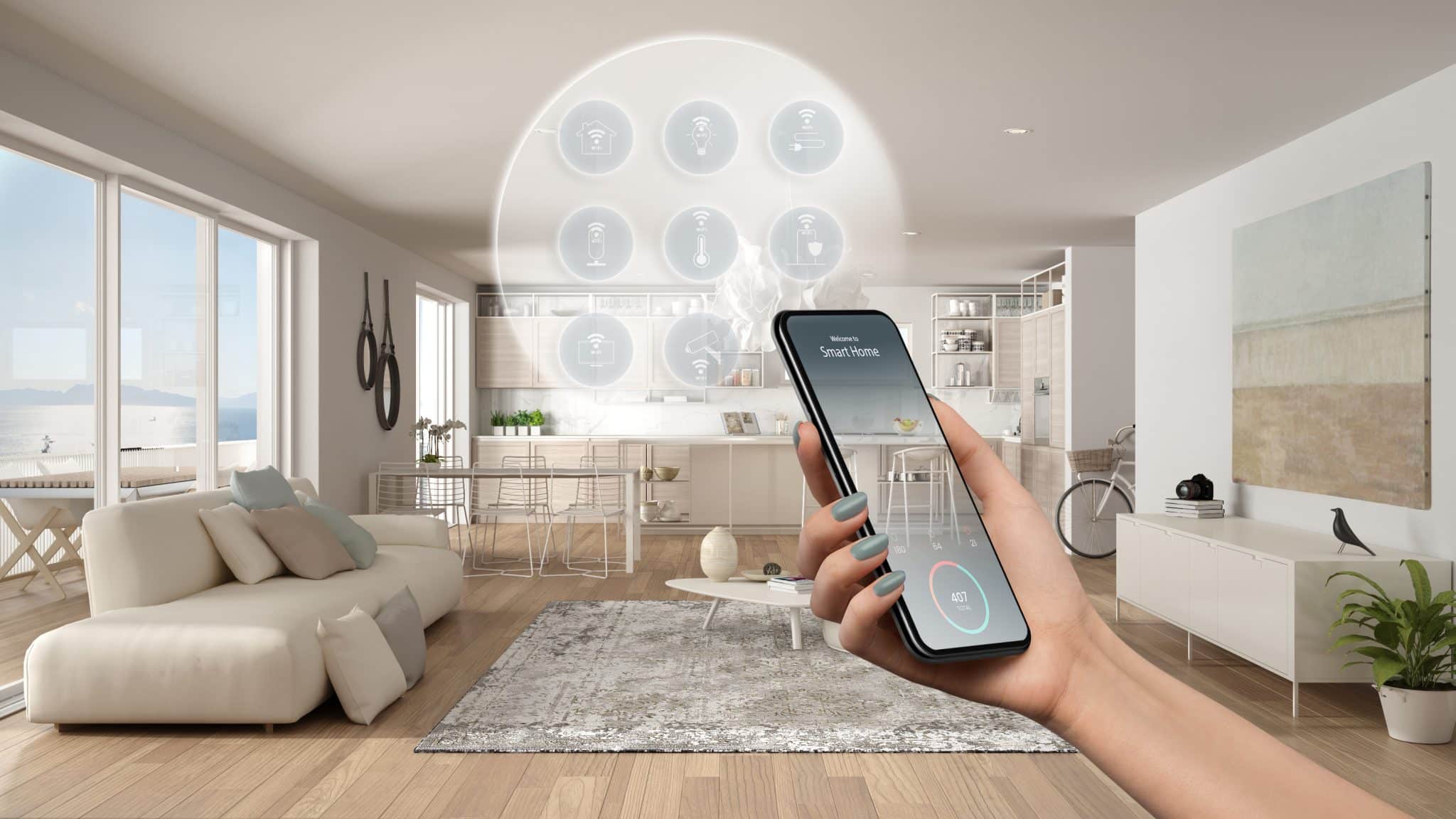
By analyzing vast amounts of data from past and current design trends, AI can predict emerging styles and preferences with remarkable accuracy. This predictive capability allows designers and homeowners to incorporate cutting-edge trends into their projects before they become mainstream, ensuring that their spaces feel fresh and contemporary.
Furthermore, AI’s ability to forecast trends extends beyond aesthetics, encompassing technological advancements and cultural shifts that may influence design choices.
Smart Home Integration
Another area where AI is making a significant impact is the integration of smart home technology with AI interior design. Modern homes increasingly feature interconnected systems that control lighting, climate, security, and entertainment, among other functions.
AI enhances this integration by creating a cohesive environment where all elements work harmoniously together. Additionally, AI can learn from the habits and preferences of the inhabitants to further refine the smart home’s responsiveness, creating an intuitive living experience that adapts to the needs of its residents.
Sustainable Design
AI tools can analyze the environmental impact of various materials, providing designers with insights into more sustainable alternatives that do not compromise quality or aesthetics.
Additionally, AI can optimize energy usage within a home by analyzing factors such as insulation, window placement, and appliance efficiency, offering solutions that reduce energy consumption and lower carbon footprints.
Automated Furniture and Decor Suggestions
Choosing the right furniture and decor to match an existing interior style can be a daunting task, but AI has simplified this process through automated suggestions.
By analyzing images of a space, AI can recommend pieces that complement the current design, ensuring a cohesive look. This not only saves time and effort for homeowners but also opens a world of possibilities by introducing them to options they might not have considered otherwise.
Cost Estimation and Budget Management
Managing a design project’s budget is often one of the most challenging aspects for homeowners, but AI has made this task much more manageable. AI tools can provide highly accurate cost estimations by analyzing material costs, labor, and the time required for different aspects of the project.
These tools can also suggest alternative materials or design elements that achieve a similar look and feel at a lower cost, helping to keep the project within budget without sacrificing quality.
24/7 Design Assistance
One of the most practical applications of AI in interior design is the convenience of having 24/7 design assistance. AI-powered chatbots and virtual assistants can provide design advice, answer questions, and offer solutions at any time of day or night.
This is particularly useful for DIY enthusiasts who may be working on projects outside of traditional business hours or who need quick guidance on specific issues. This continuous support makes the design process more accessible and less intimidating, empowering individuals to take on projects with confidence.
Conclusion
AI is revolutionizing the way people approach home decor, and its influence will continue to shape the industry. By embracing AI-powered tools and technologies, you can create a home that is not only beautiful but also highly functional and personalized. From personalized design recommendations to virtual staging, AI offers a wealth of possibilities to enhance your living space.

